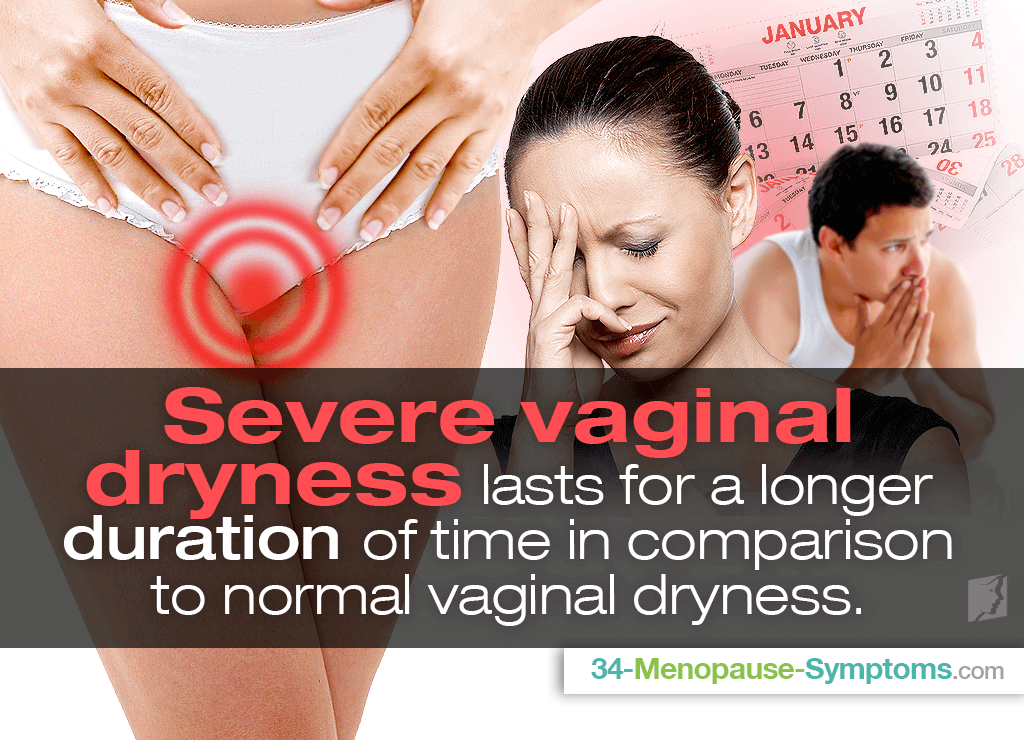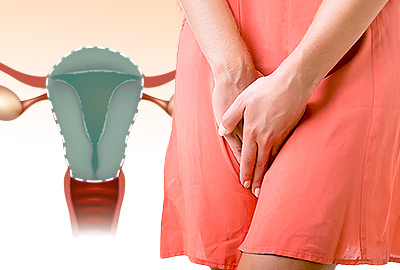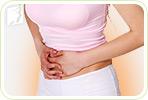Vaginal dryness is a common symptom of menopause that is caused by declining estrogen levels as reproductive functions come to a halt. The symptom varies in severity and duration among women.
Continue reading to learn more about how to recognize severe vaginal dryness and what you can do to finally relieve the menopausal discomfort.
Identifying Symptoms of Severe Vaginal Dryness
Severe female dryness is fairly straightforward to diagnose. Below is a list of the common symptoms:
- Itching in the vaginal area, both internally and externally
- Painful sex
- Light bleeding during or after intercourse
- Burning sensation in the vaginal area
- Stinging
- Irritation
- Increased frequency of urination
- Discomfort when wearing underwear or tight clothing
- Pressure
What distinguishes severe vaginal dryness from normal vaginal dryness can be considered the duration of time the symptom lasts.
While causes of vaginal dryness range from improper sexual arousal to use of contraceptive pills, severe vaginal dryness during menopause lasts until the root cause is treated. If you are suffering from any other menopausal symptoms along with vaginal dryness, such as hot flashes or irregular periods, you can be reasonably sure that hormone imbalance is the cause.
So, How Can I Treat My Severe Vaginal Dryness?
There is a broad variety of severe vaginal dryness treatments for you to choose from, but here are some of the more popular ones.
For starters, directly manage severe vaginal dryness with several techniques. Use water-based lubricants during sex and increase the time you engage in foreplay. This will help stimulate more natural lubrication. If not partaking in foreplay, whatever means of stimulation will increase natural lubrication as well. Also, consider applying vaginal moisturizers several times a week to help moisturize the vaginal walls.
Furthermore, simple lifestyle adjustments can do wonders in relieving discomforts of menopausal vaginal dryness. Consume a well-balanced diet full of phytoestrogens - plant-based estrogens found in soy, flax, fresh veggies, etc. - to stimulate the effect of estrogen in the body, thus compensating for the estrogen loss.
Also, partake in healthy habits. Consume moderate amounts of alcohol (if any), as it can dehydrate the body, and quit smoking, which causes blood vessels to contract, decreasing blood flow to the vagina.
Best results can be experienced when pairing aforementioned techniques and lifestyle changes with alternative medicines, such as phytoestrogenic herbal supplements - which can be considered more potent than phytoestrogens from your diet - and hormone-regulating supplements, like Macafem. The latter nourishes the endocrine glands, thus encouraging the body to produce its own hormones to resolve the underlying hormonal imbalance associated the menopause.
Key Takeaways
While severe vaginal dryness is a common symptom of menopause, it does not have to keep you from enjoying intimate pleasure. Symptoms include itching, painful sex, burning sensations, stinging, irritation, and more. What differentiates severe vaginal dryness from normal vaginal dryness can be considered the duration of time the symptom lasts.
During menopause, it could last until treated properly. You can directly manage the symptom short-term by making some easy lifestyle changes, or treat the root cause, hormonal imbalance, with alternative medicines for heightened success. Rest assured that with proper initiative, you don't have to suffer for much longer.
Sources
- NHS. (2016). Vaginal dryness. Retrieved October 29, 2018, from https://www.nhs.uk/conditions/vaginal-dryness/
- Yilmaz, M.O. et al. (2015). Relationship between Smoking and Female Sexual Dysfunction. Andrology, 4(2), 1-3. doi: 10.4172/2167-0250.1000144




